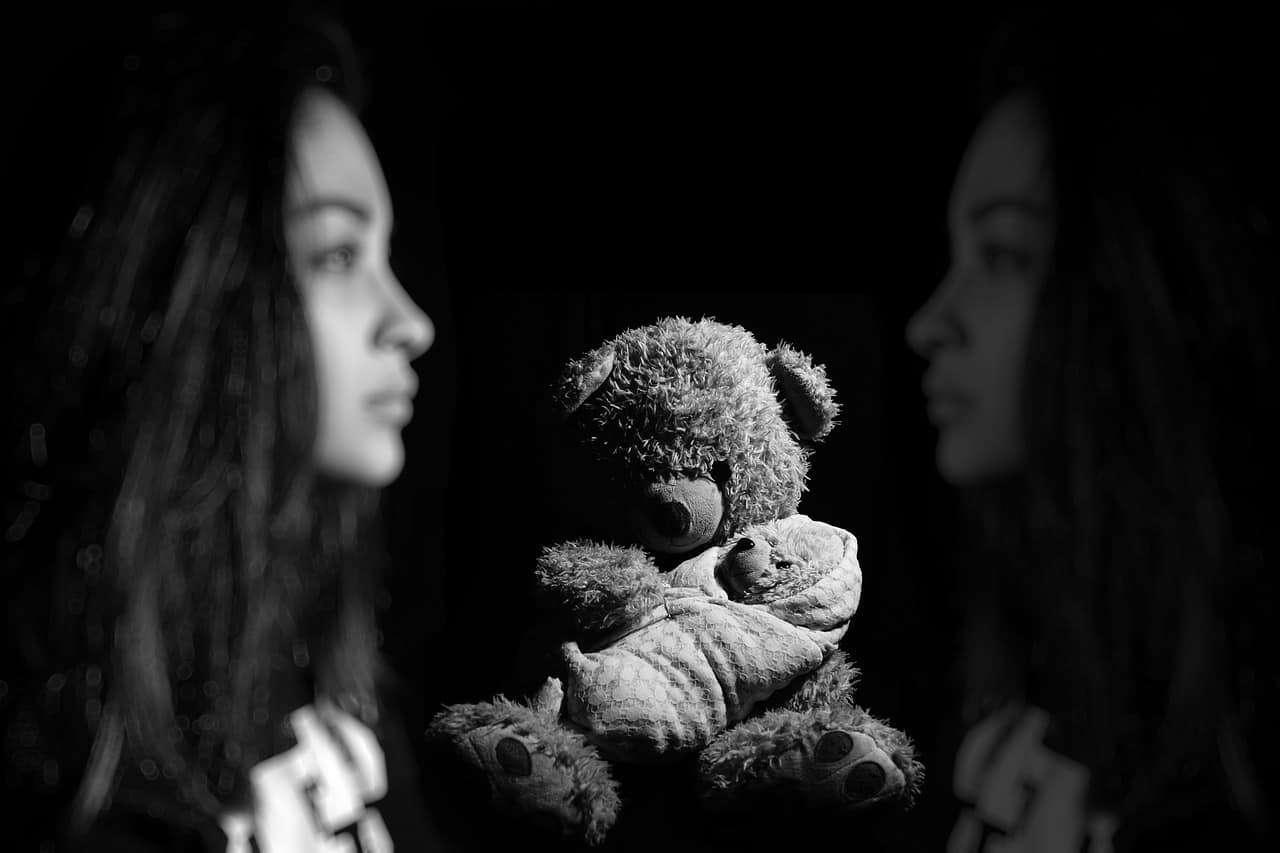Wounded inner child symptoms
A huge part of how we live our adult life is influenced by our childhood, the kind of parenting we received, our background, and unfortunately, the traumas we faced in our childhood. I love talking and writing about the topic of reparenting ourselves and healing our inner child so that we can live a more fulfilling life.
Before you reparent yourself, it is essential to understand the nature of the inner child wounds that you have. When you identify and understand your inner-child wounds, you can work on healing them through reparenting.
Issues such as abandonment, neglect, abuse, and other challenges when growing up lead to emotional wounds in our adulthood. They influence how we form relationships, how we react to challenges in our adulthood, how we connect with others, among other emotional-related activities.
Here are symptoms of a wounded inner child
Poor self-esteem and low self-worth

This is probably the most common symptom of a wounded inner child. Low self-worth and low esteem are a result of not knowing yourself, not knowing your strengths and limitation, and simply thinking you are not good enough.
When you don’t believe in your abilities, you constantly criticize yourself and feel the need to be approved of by others. You also develop body image issues and find fault in your image and all that you are. Low esteem and low self-worth are caused by abandonment, neglect, and abuse in your childhood.
Self-destructive behavior

A wounded inner child can lead to a self-sabotaging adult. If you were neglected, abused, or abandoned as a child, you can become an adult that does not believe you deserve a good thing.
If your caregiver was constantly shaming you, you develop a childhood wound that you are not good enough and you don’t deserve good things.
As a result, you become an adult that is constantly self-sabotaging your self-defeating. When things seem to be going well for you, the inner voice tells you that you don’t deserve good things and you start to sabotage the good things you have into ruins.
Fear of abandonment

If you find yourself clinging to people around you especially a partner, being codependent, being overly insecure, you could be suffering from fear of abandonment. I have a friend that went to complete depression after a relationship ended.
After talking to her and encouraging her to seek therapy, we understood that the depression was caused by fear of being abandoned, having been abandoned by her father when she was younger. In this case, the relationship ending was a trigger.
Fear of abandonment is caused by abandonment in the past. If as a child you felt neglected, abandoned, and not cared for, you develop a childhood wound that fears that everyone you love is going to abandon you. As a result, you tend to cling to people and relationships some of which are not good for you.
Reactive behavior

One symptom of a wounded inner child is reactive behavior. If for example, when corrected or criticized you jump to be defensive or you are often detached and irritated, this is one symptom that your inner child is hurting.
Such behavior results from a childhood in which parents punished you for the littlest thing and therefore your defense mechanism is to be defensive when accused.
If you were constantly judged for any wrongdoing and punished for it, you become a defensive adult that cannot take responsibility and often erupts and can even become violent when accused of something.
Difficulty in creating boundaries

Understanding the right balance in forming boundaries is an essential part of forming relationships in adulthood. You can either form too weak or too rigid boundaries.
People who need to control others fail to understand boundaries. A childhood experience such as too much chaos at home can lead to an adult that feels the constant need to be in control.
On the same note, individuals that were not taught a sense of responsibility in their childhood tend to invade other people’s boundaries and become entitled to other people’s things as their own.
This inability to identify and respect boundaries turns them into clingy individuals that are not accountable and always depend on others.
On the other hand, if you were hurt emotionally as a child, you might form rigid boundaries in your adulthood. The fear of being hurt or the fear of people seeing the real you can lead to forming walls all around you that no one can penetrate.
Emotional unavailability

If your childhood involved being denied the right to express your emotions, you can become emotionally unavailable in your adulthood. When emotions were associated with shame when you were growing up, you tend to view emotions as a weakness and avoid them at all costs.
A common example is a narrative that men should pull themselves together and should not cry. Such upbringing creates emotionally unavailable adults or people who are unable to express themselves emotionally.
As a result, they struggle in forming authentic relationships since good relationships involve emotional openness and connections.
You are prone to addiction

When you easily get attached to addictive behaviors such as drugs, alcohol, porn, food, gambling, this has to do with your wounded inner child. When you are hurting, you feel the need to get away from reality and you long for the feel-good hormones.
Instead of confronting the challenges in your life, you choose to run away from them and do so by indulging in behaviors that set you apart from reality.
Individuals that are prone to addiction usually have inner child wounds and need to address them first so that they can successfully treat their addictions.
Mistrust

If you were neglected or emotionally abused as a child, you tend to use mistrust as a defense mechanism. Parents who invalidate what you feel, gaslight, or dismiss your opinions and concern lead to adults who cannot trust anyone. They feel that anyone they trust is going to embarrass them and generally mistrust everyone.
Mistrust can also result from abandonment. When a child was abandoned by a parent, for example, they become an adult that cannot fully trust since they believe anyone they love and trust will abandon them at some point.
On the other hand, a person that grew up well protected and in a safe environment where they can express themselves and adults don’t lie to them become too trusting. While trusting is good in forming relationships, too much trust can lead to gullibility.
People pleasing

If your parents ignored you, your needs, thoughts, and feelings, chances as you developed a huge need for approval. Your sense of self is weakened and you feel the need to be approved of by others.
As a result, you have grown into a people-pleaser who will bend over backward for others and not draw any boundaries.
This constant need for external approval makes you crave praise, and you want to make others happy so that they can approve of you.
You might end up putting others’ needs first and neglecting your own needs so that you can feel loved and appreciated by others. this is a common childhood wound that leads to people-pleasing adults.





